Part 1: Origins and Evolution of a Community Struggle
About this Interview
This conversation took place during the 11th Mother Earth Festival, held in June 2025 in the community of Copal AA “La Esperanza,” Guatemala. Organized annually by the local elementary school, Instituto Básico “Nuevo Amanecer”, the festival brings together the community around environmental care through panel discussions, student plays, reforestation, and seed exchanges.
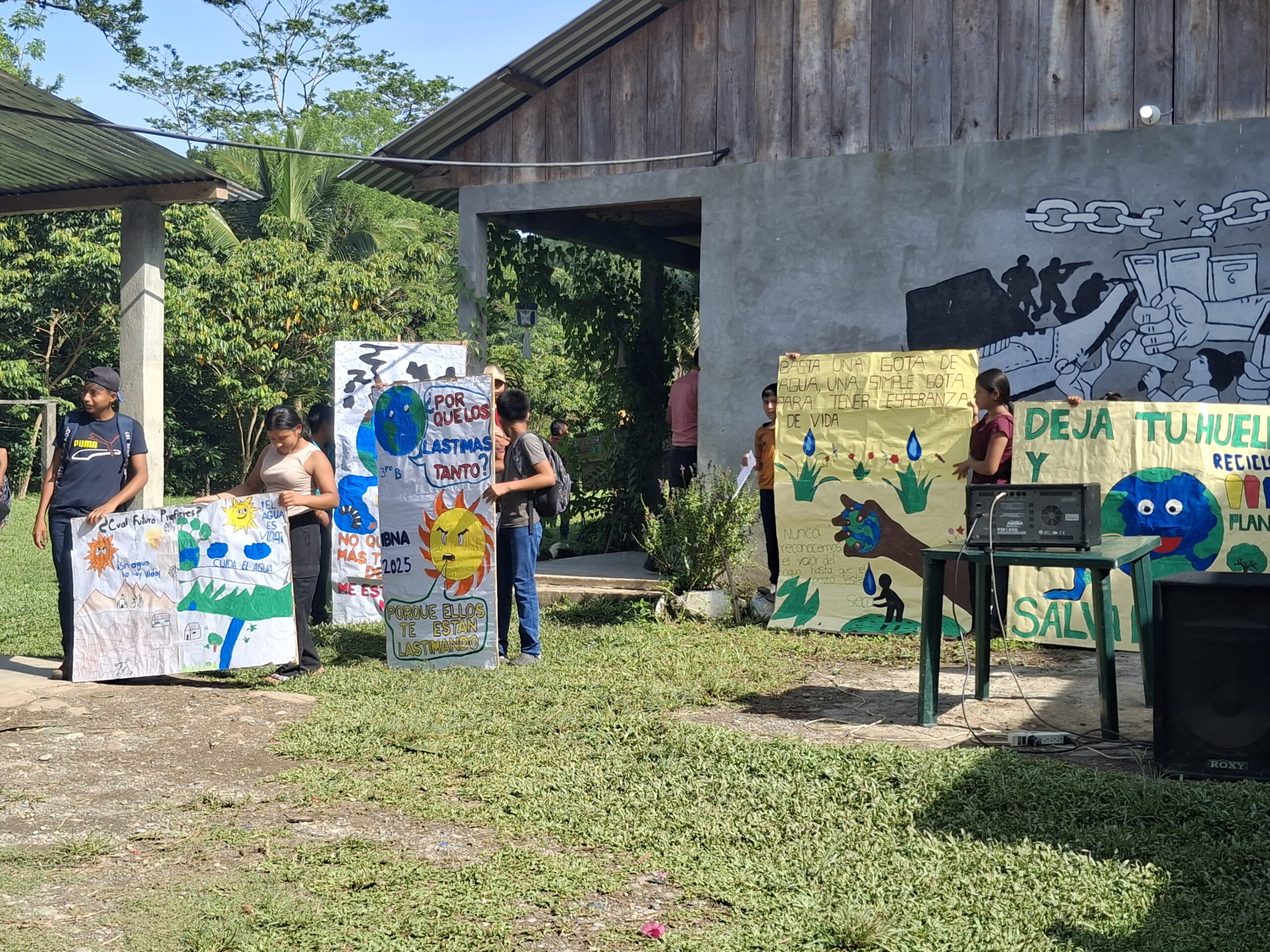
Youth and community members actively engage in the Mother Earth Festival, promoting environmental protection and the defense of life. Photo by NISGUA, June 2025.
This interview is presented in two parts, to go deeper into the reflections of those who have shaped the festival—how this community initiative was born and evolved, how climate change impacts their territory, and the strategies of resistance they are building.
The Interviewees
Rafael – Director of the Instituto Básico “Nuevo Amanecer” in Copal AA La Esperanza. With more than 20 years of experience in community education, he has been one of the main promoters of the Mother Earth Festival since its beginning. His vision centers on working with youth from a community-based perspective and building collective agreements.
José – Teacher at the same Instituto, who has witnessed firsthand both the festival’s growth and the deepening climate crisis. He brings a critical perspective on how environmental issues have shifted from a distant concern to an urgent reality.
The Origins of a Community Initiative
Rafael explains how this tradition, now 11 years old, was born: “This activity is very important for us—not only within the community. As a school, since 2004 we have been working with the idea of addressing social issues from a community context. With youth, we reflect, raise awareness. But the foundation is always community agreements, because from there comes the line of thought, the communal ideology.”
The elementary school itself was born from that same philosophy—to instill these values in young people. After more than 20 years of work, the festival arose from the need to create a space where we could share experiences and enrich our educational work.
A Process of Growth and Participation
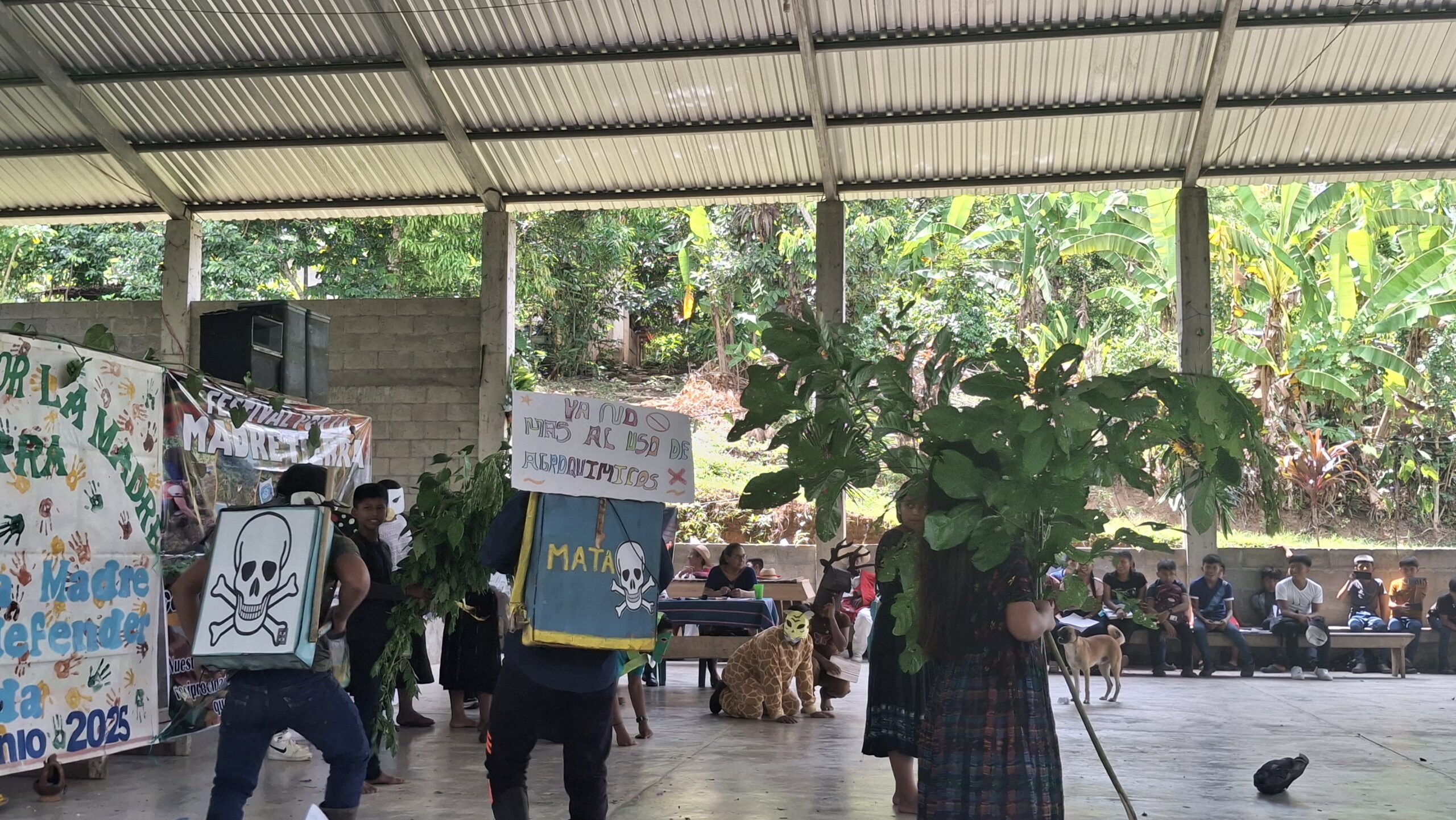
Young people at the Mother Earth Festival present a play about the climate crisis, using theater as a tool for community awareness. Photo by NISGUA, June 2025.
Over these 11 years, Rafael has seen how the festival has become a vital moment of encounter: “Every year, I see how important these moments are. People participate, but also young people realize that it’s not only the school doing this work—it’s a relationship, a united effort between the community, the youth, and the school. That’s essential.
And it’s not just participation: young people take on the organization, the coordination, the plays. These aren’t just performances; they must include reflections and deep analysis. Our philosophy is that these activities create critical thinking, not only information. The goal is real impact, for both participants and the audience.”
From Skepticism to Urgency
José offers a crucial perspective on how perceptions of the climate crisis have evolved: “From the way we see this activity, well, at the beginning—ten years ago, for example—we started it based on community policies. But at first there wasn’t much interest, and the problem wasn’t perceived the way it is now. Back then, people just thought about it, imagined it, and the idea was always that in the future the problem would affect us on a large scale.”
However, reality caught up with them sooner than expected: “It was only last year and the year before that we saw the problem was already with us. And that’s why today this activity is so important—it must take place, because the problem is here. The heat is intense, the rivers have dried up, these are things that happened just last year.”
This shift has generated greater interest and participation from outside organizations, strengthening the festival’s support network. As Rafael notes:“In the first festivals there was very little participation. But little by little I’ve seen more involvement. Social media helps us invite people, helps spread the word about the activity.”
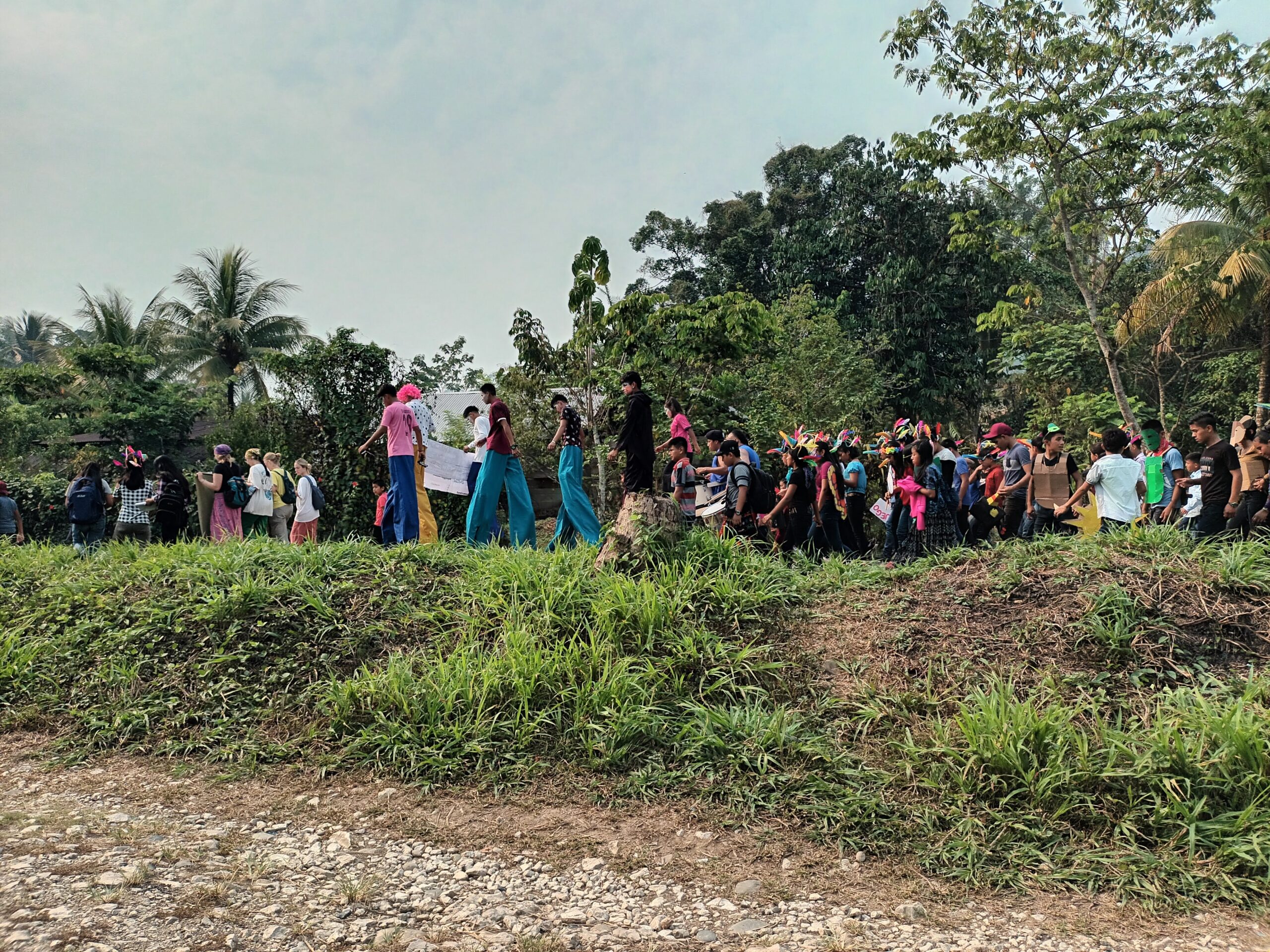
The growing participation in the Mother Earth Festival reflects the urgency of facing the increasingly severe impacts of the climate crisis, already felt strongly in the region and across the world. Photo by NISGUA, June 2024.
In the Next Chapter…
In the second part of this interview, Rafael and José share their reflections on the direct impact of climate change on their community, the importance of international accompaniment in their struggles, and their proposals to strengthen community resistance in the face of environmental challenges. Don’t miss this continuation, where they address crucial topics such as climate migration and the role of youth in preserving ancestral knowledge.


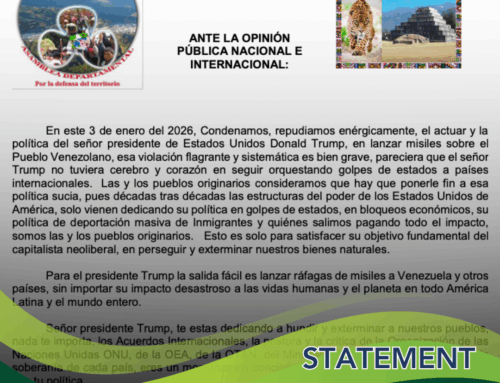
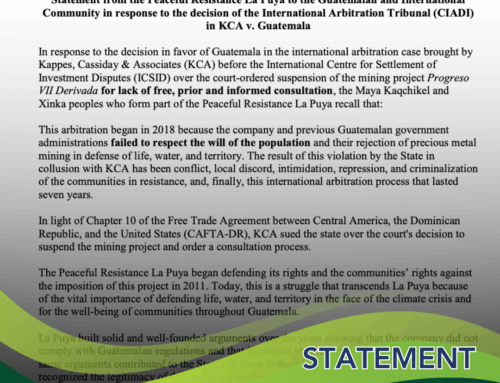
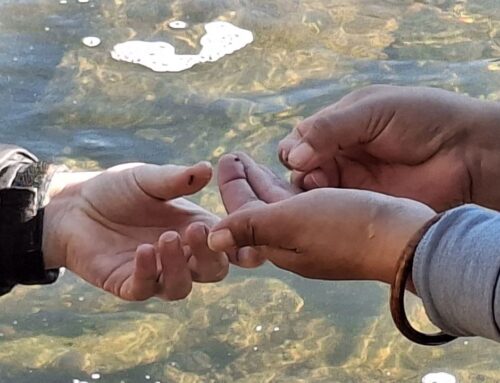

Leave A Comment